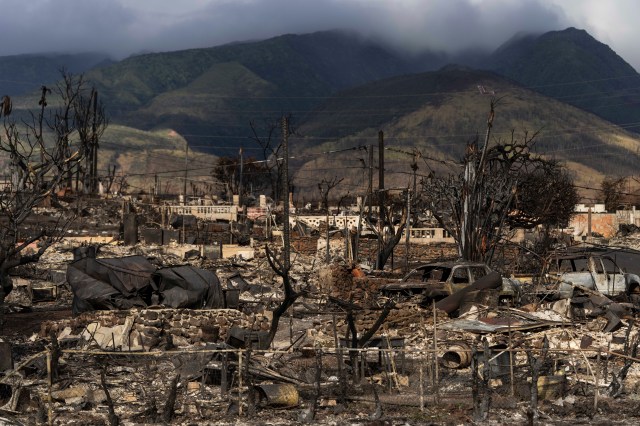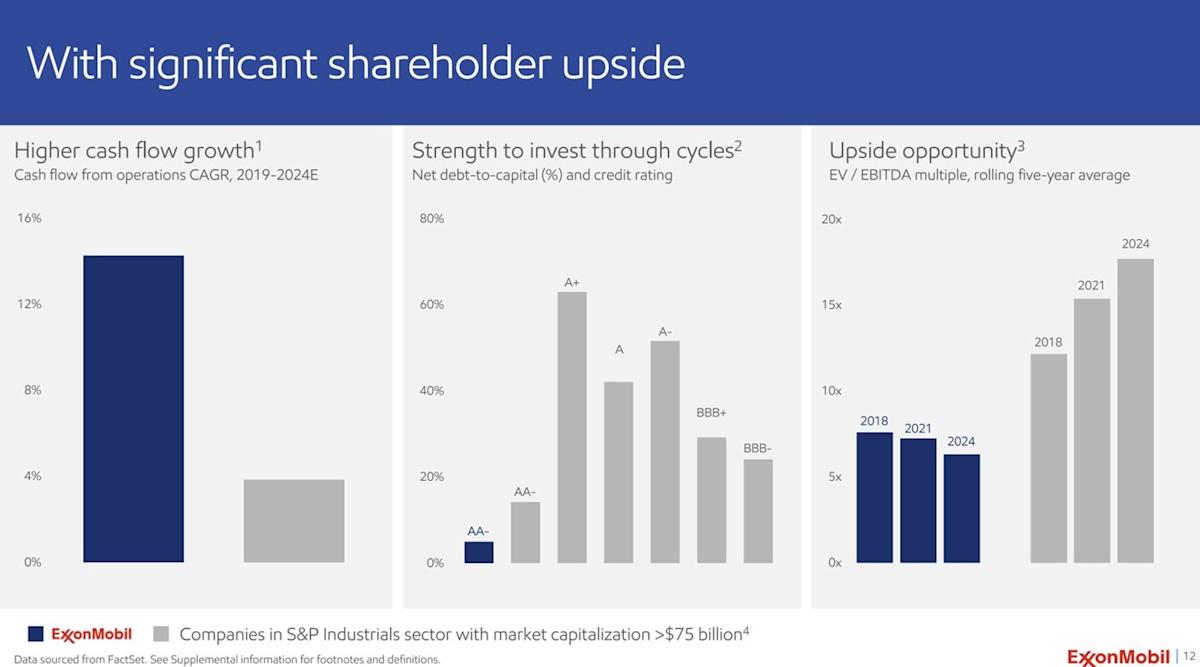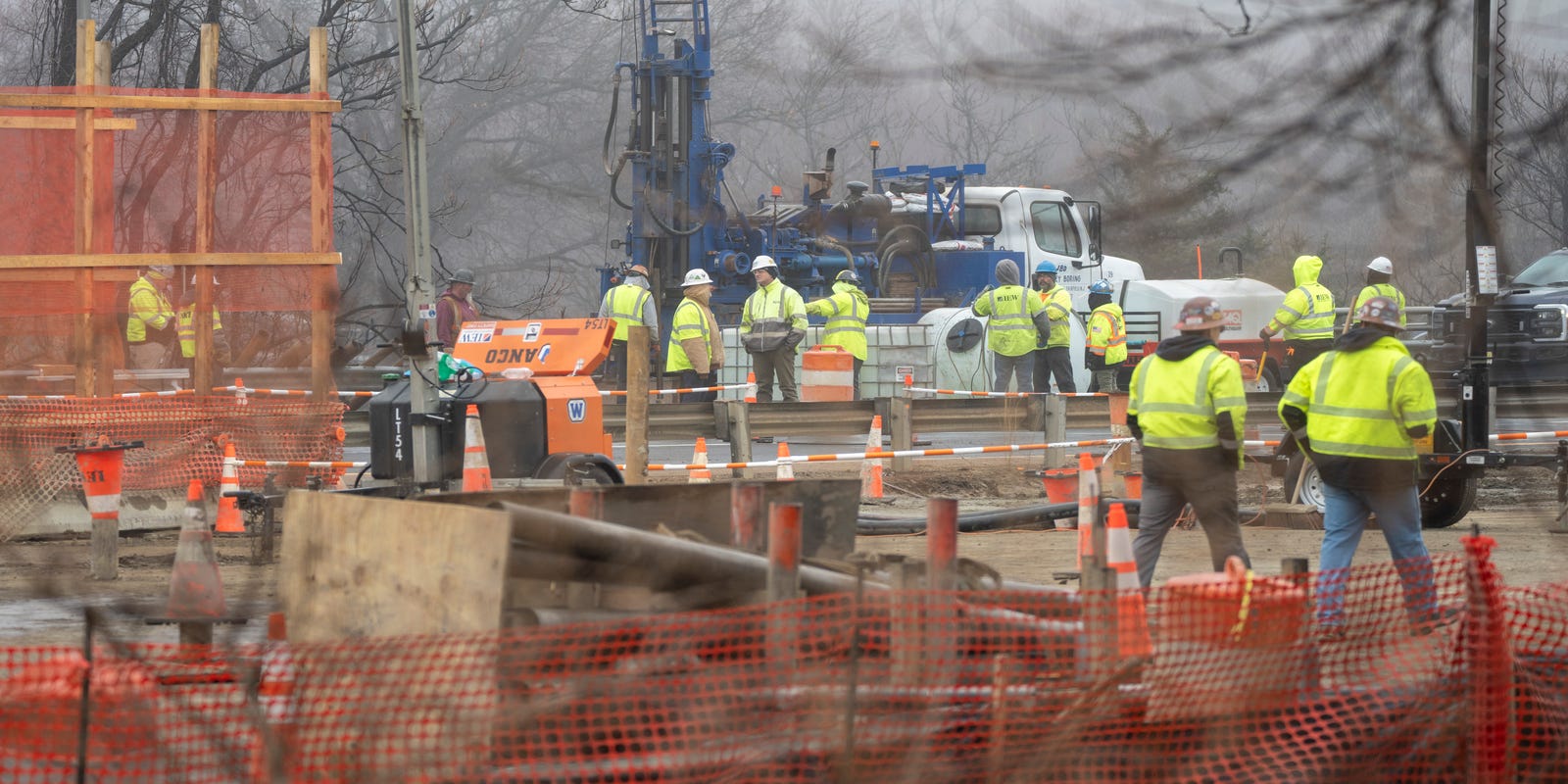Climate Showdown: Hawaii Takes Fossil Fuel Giants to Court in Landmark Legal Battle
Companies
2025-04-28 21:04:08Content

In the wake of the devastating Maui wildfires that decimated Lahaina, Hawaii Governor Josh Green is setting his sights on a new target: fossil fuel companies. As the community grapples with unprecedented destruction and loss, Green is exploring legal avenues to hold these corporations accountable for their potential role in climate change and its catastrophic consequences.
The governor is signaling a bold approach to seeking justice and financial recovery for the community, suggesting that fossil fuel companies should contribute to the massive rebuilding efforts and compensate victims of the tragic wildfire. By turning his attention to these powerful corporations, Green aims to not only support Lahaina's recovery but also send a powerful message about corporate responsibility in the face of climate-related disasters.
This strategic move comes as Lahaina continues to mourn its losses and begin the challenging process of reconstruction, with Green positioning the state to potentially pursue legal action that could provide critical financial resources for the community's healing and rebuilding.
Green's Bold Move: Holding Fossil Fuel Giants Accountable for Lahaina's Devastating Tragedy
In the wake of the catastrophic wildfires that ravaged Maui's historic town of Lahaina, Hawaii's Governor Josh Green has embarked on an unprecedented legal and political strategy that could reshape environmental accountability and corporate responsibility in the United States.Confronting Climate Crisis: A Landmark Challenge to Energy Corporations
The Unprecedented Legal Landscape
Governor Green's initiative represents a groundbreaking approach to addressing climate-related disasters by directly targeting the fossil fuel industry's potential culpability. By considering legal action against major energy corporations, he is signaling a transformative moment in how environmental damage and its consequential destruction might be legally interpreted and financially remedied. The proposed strategy goes beyond traditional disaster response, suggesting that corporations responsible for significant carbon emissions could be held financially accountable for the devastating consequences of climate change. This approach challenges long-standing legal precedents and could potentially establish a new framework for environmental litigation.Lahaina's Catastrophic Context
The August 2023 wildfires that consumed Lahaina were not merely a random natural disaster but potentially a consequence of complex environmental and climatic conditions exacerbated by decades of industrial carbon emissions. Governor Green's perspective frames the tragedy as a direct result of systemic environmental negligence, arguing that fossil fuel companies have known about climate risks for decades while continuing unsustainable practices. Preliminary investigations suggest that unprecedented drought conditions, changing wind patterns, and highly combustible vegetation created a perfect storm for the devastating fires. These conditions, many climate scientists argue, are increasingly linked to global warming and long-term environmental changes driven by industrial activities.Economic and Legal Implications
The potential lawsuit against fossil fuel companies could seek substantial financial compensation to support Lahaina's reconstruction, community rehabilitation, and long-term resilience strategies. By pursuing this legal avenue, Governor Green is not just seeking monetary damages but attempting to establish a precedent that corporate entities must bear responsibility for their environmental impact. Legal experts suggest that such a case would be complex, requiring extensive scientific evidence, detailed documentation of corporate knowledge about climate risks, and a comprehensive understanding of causative relationships between industrial activities and specific environmental disasters.National and Global Significance
Hawaii's approach could inspire similar actions in other jurisdictions facing climate-related catastrophes. The case potentially represents a watershed moment in environmental law, challenging the traditional separation between industrial activities and their long-term environmental consequences. By framing the Lahaina fires as a direct result of systemic environmental mismanagement, Governor Green is elevating the conversation about corporate accountability to a national and potentially international stage. This strategy suggests a more proactive approach to addressing climate change, moving beyond mitigation to direct accountability.Community and Environmental Justice
For Lahaina's residents, this legal strategy offers more than financial compensation. It represents a form of recognition of their suffering and a potential pathway to systemic change. The community, which has endured immense loss, could see this approach as a meaningful step towards environmental justice and corporate accountability. The proposed legal action also highlights the disproportionate impact of climate change on vulnerable communities, emphasizing that environmental disasters are not merely abstract scientific phenomena but deeply personal human experiences with profound economic and social consequences.RELATED NEWS
Companies

Pension Paradox: When Corporate Coffers Overflow and Retirement Plans Stall
2025-05-01 18:53:14
Companies

Customer Insights Revolution: How Akeneo Is Supercharging Product Data for the AI Commerce Age
2025-03-05 11:00:00






